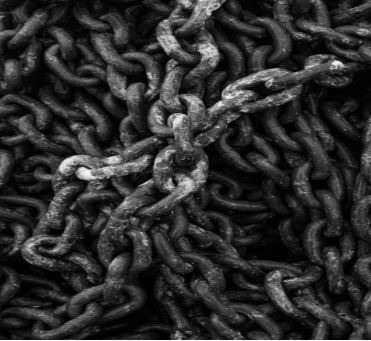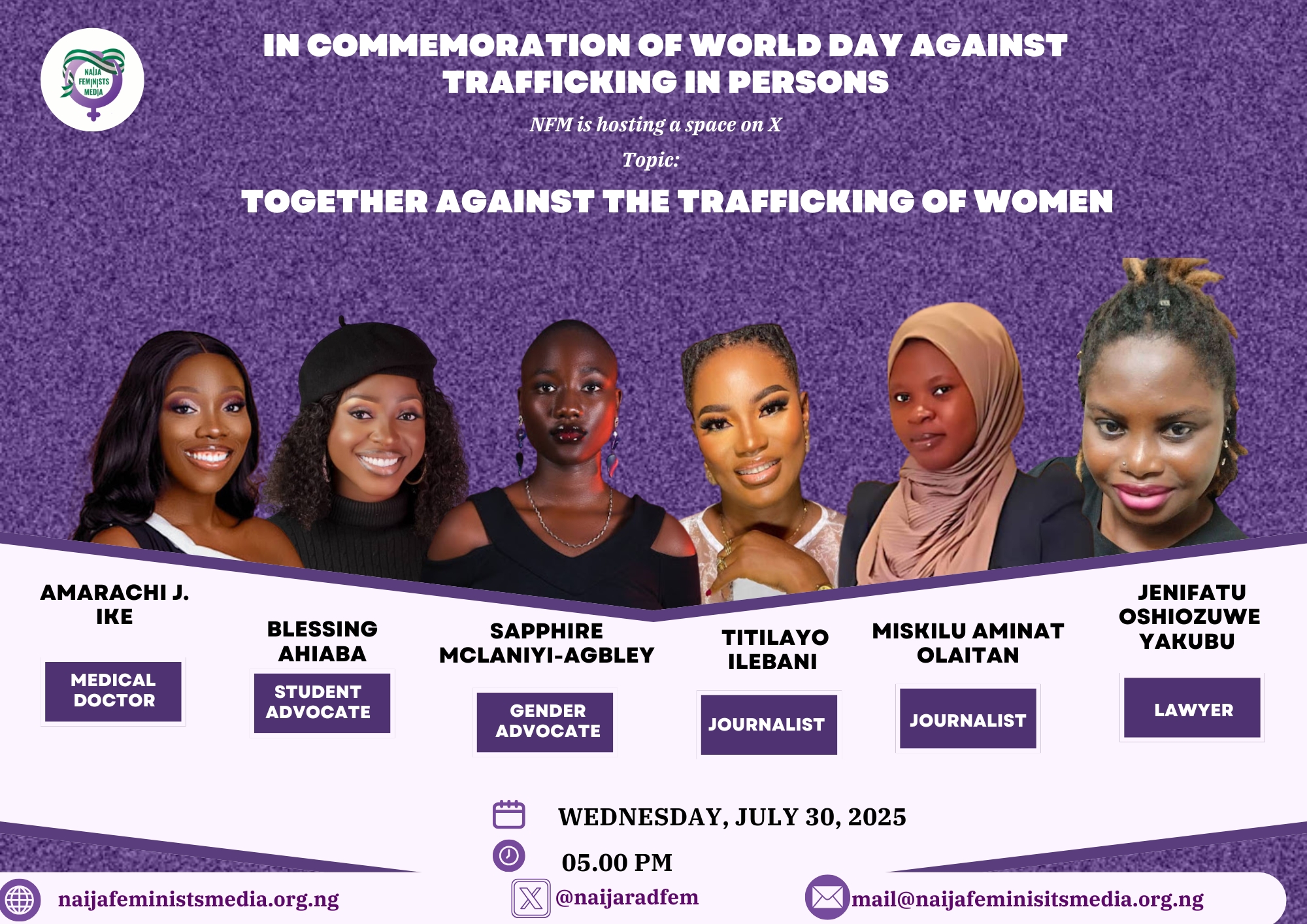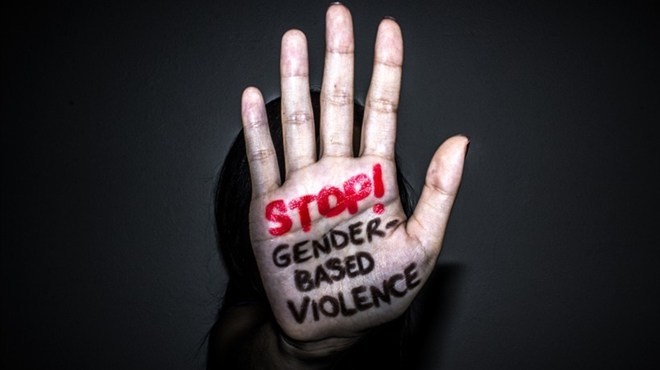
|
Getting your Trinity Audio player ready...
|
Today is July 30, World Day Against Trafficking in Persons, and Nigerian women and girls are still being trafficked across West Africa and Europe for prostitution. This mostly happens through routes everyone knows, by people who are not hiding, with the consent of a system that pretends to be outraged once a year. From Edo State to Cotonou, from Libya to Italy, from guest houses in the Benin Republic to brothels in Paris, they are being moved, raped and discarded. At the same time, officials post ribbons and declarations as if awareness has ever protected anyone. What is the point of awareness when the facts are already known, when everyone involved is visible, and when nothing is being stopped?
Most of the girls are young, poor and stuck. They are promised jobs that sound small enough to believe, like cleaning, hairdressing or babysitting, by someone they already trust, often a woman, sometimes a cousin, a neighbour or someone who has “made it” abroad and returned with wigs, perfume and a new phone. The girls are not unaware; they suspect the truth, but what are their choices meant to be? Stay in a country where being young and broke means being invisible? Where there is no real safety, no steady income, and no system designed for them to thrive? If every choice leads to exploitation, then what exactly is the system expecting them to choose?
Before they leave, many are taken to shrines to swear oaths of silence and loyalty, using their blood, underwear or fingernails, and they are warned that they will die, run mad or destroy their families if they disobey the madam or speak to the police. Is anybody arresting these shrine priests, or are they exempt because they use cultural language? When the girls cross into Benin Republic, often without any document, they are already deep in it, some are told to “test” condoms, sleep with men to raise money for the journey, or they are held in guest houses until a smuggler arrives, and some are passed through Togo, Niger, Libya or Italy depending on how fast they are moving and how much they owe.
According to the International Organization for Migration, 80 per cent of Nigerian girls arriving in Italy by sea are victims of trafficking for sexual exploitation, so are we going to pretend this is still accidental or untraceable? Over a decade of reports, exposés, and “stakeholder engagements,” and still nothing has changed, the debt remains around thirty thousand euros, the threats remain the same, and the punishment always falls on the girl, never on the madam, never on the smuggler, never on the person receiving money back home. Why is it easier to shame a survivor than to arrest a trafficker?
When the girls return, if they return at all, they are not given help, they are not welcomed, they are not offered therapy, jobs or protection; instead, they are asked why they went, why they did not pray more or endure poverty like other girls. But is survival only respectable when it does not offend morality, when it is unpaid, when it looks clean? Why are madams protected in their communities, invited to weddings, respected in churches, while the girls are left to explain how they fed their families? Why do we trust men who claim the girls were willing but ignore the girls who say they were trapped?
As African feminists have argued, girls are often taught to sacrifice before they are taught to choose. Trafficking depends on that belief, because a girl who thinks her life must serve her family will not question exploitation, and a girl who believes silence keeps her safe will not report abuse. A girl who knows the state will not protect her will endure anything to survive. Are there no laws, agencies, or press releases, or are they only for decoration? If the routes are known, the recruiters are known, and the communities are aware, then what is still being “investigated”?
Today is July 30, and while officials post long captions about awareness and international cooperation, another girl is leaving Nigeria today, another is in Cotonou being told to start working, another is in Tripoli, detained and raped, another is in Italy counting men and hoping her body lasts long enough to finish her debt. What is all this awareness doing? Is it for the girls or for the people who watched them leave and did nothing? Will any of it stop the next girl from being taken?






